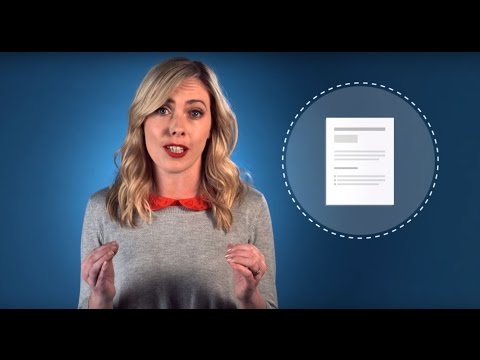Are you looking for a job?
A well-written CV is a key to getting your foot in the door.
When it comes to writing a CV, many people feel overwhelmed. They don't know where to start or what to include. And they worry that their CV won't be good enough to get them the job they want.
CV writing is an essential skill for job seekers of all ages. However, creating a CV can be difficult, especially if you are not sure where to start.
Our "How to Write a CV UK" guide will provide tips that will impress potential employers and get you the job you want.
Read on to learn how to start writing your CV today.
Changes to the job market since the pandemic
Since the pandemic began, there has been a shift towards more flexible, remote working arrangements. This has created opportunities for job seekers who are willing to embrace modern ways of working.
There are now thousands of jobs available that can be done remotely in the UK. This flexibility is appealing to many workers, who value the ability to control their own hours and work from home. For employers, this can also lead to cost savings in terms of office space and other overhead expenses.
If you're looking for a new job, consider the opportunities that exist in the modern workplace. With a bit of flexibility and a willingness to adapt, you can find a position that suits your needs and lifestyle.
Why do I need a CV and how long should it be?
A CV, or curriculum vitae, is a key tool for any job seeker. This document provides a detailed overview of your work history, skills, and educational background. UK employers use it to determine whether you are a good fit for a particular position.
As such, it is vital to take the time to craft a CV that accurately reflects your qualifications and experience.
While there is no hard and fast rule for how long a CV should be, aim for two pages (three max) as a general guideline. This will give you enough space to include all relevant information without bogging down the reader.
Additionally, tailor your CV to each job posting you apply for, highlighting the skills and experience most relevant to the position.
How to write a CV UK format
When applying for a job posting, it is essential to create a CV that meets the expectations of UK Employers.
Here are some tips on how to write a CV UK:
1. Start with your contact and personal details information
Your CV should start with your contact information, including your name at the top, address, email address, and phone number. Be sure to list your current contact information, as employers will often want to get in touch with you quickly.
You can also include links to any relevant personal websites, online portfolios or professional social media sites, such as your LinkedIn profile.
2. Personal statement
The personal statement is one of the most critical parts of your CV. UK employers expect a personal statement on your CV; this section is an opportunity to sell yourself and show why you are the right person for the job. However, writing a personal statement can be difficult.
Here are some tips on how to write a CV UK personal statement:
- Write in the first person
- Start with a strong opening sentence that will grab the employer's attention
- Use positive language throughout - avoid using jargon or acronyms
- Write about your relevant skills and experience - include how they make you ideal for the job
- Highlight career achievements with examples
By following these tips, you can ensure that your personal statement makes a strong impression on potential employers and will encourage them to read on.
3. Key skills
As a job seeker, one way to make your CV stand out is to use keywords to highlight your skills that match the job posting.
The right keywords will help ensure that your CV stands out from the crowd. To do this, look at relevant job descriptions and identify the primary skills that are required in any postings for the job role you want.
Only include keywords for skills that you have on your CV. Don't over exaggerate your abilities or lie. For skills-based jobs, ensure to list the specific skills required.
4. Work experience
When listing your working experience, always start with your most recent job roles first, with previous or less relevant roles following not written in as much detail. Be sure to include:
- The name and location of the company
- Your job title
- The dates you worked there
- A brief overview of your responsibilities and your key achievements
Bullet points are a great way to list this information clearly and concisely.
If you have any gaps in your work history, there is no need to worry. List the dates and include a brief explanation about what you were doing, especially if this occurred during the lockdowns, e.g. started vlogging or learnt a new skill online. - anything that shows you were proactive.
5. Education and training
Your CV should also include your educational background, listing the following:
- Name and location of the institution
- The type of qualification you received
- The dates you studied there
- Your grade or level achieved
6. References
A simple statement "References available upon request" is acceptable for this section.
You can also include a link to your up-to-date LinkedIn profile to showcase your latest recommendations and achievements.
Finally, don't forget to proofread your CV for any grammatical errors after you've written it and to name it more than just "My CV". For example, give it your name and the word CV, e.g. "James Smith CV".
Our How to Write A CV video also provides some detailed helpful information about what to include in your CV:
Keen to start typing?
Now that you have read our tips on how to write a CV UK, it's time to start putting them into practice! Remember to personalise your CV for each job application and use keywords to highlight your skills.
Our specialist employment consultants at Randstad are ready to help you land your desired job.
Upload your CV to our database, and one of our consultants will contact you about your job search requirements.
It all starts here with your job search. Good luck!




